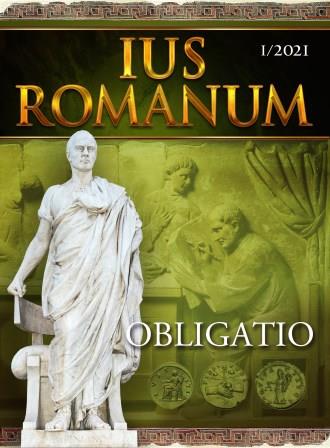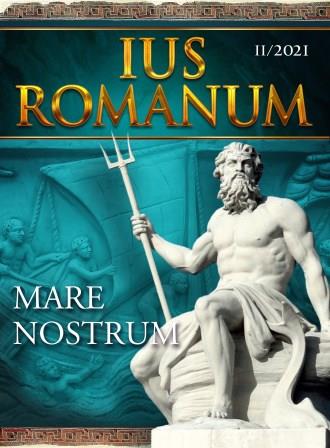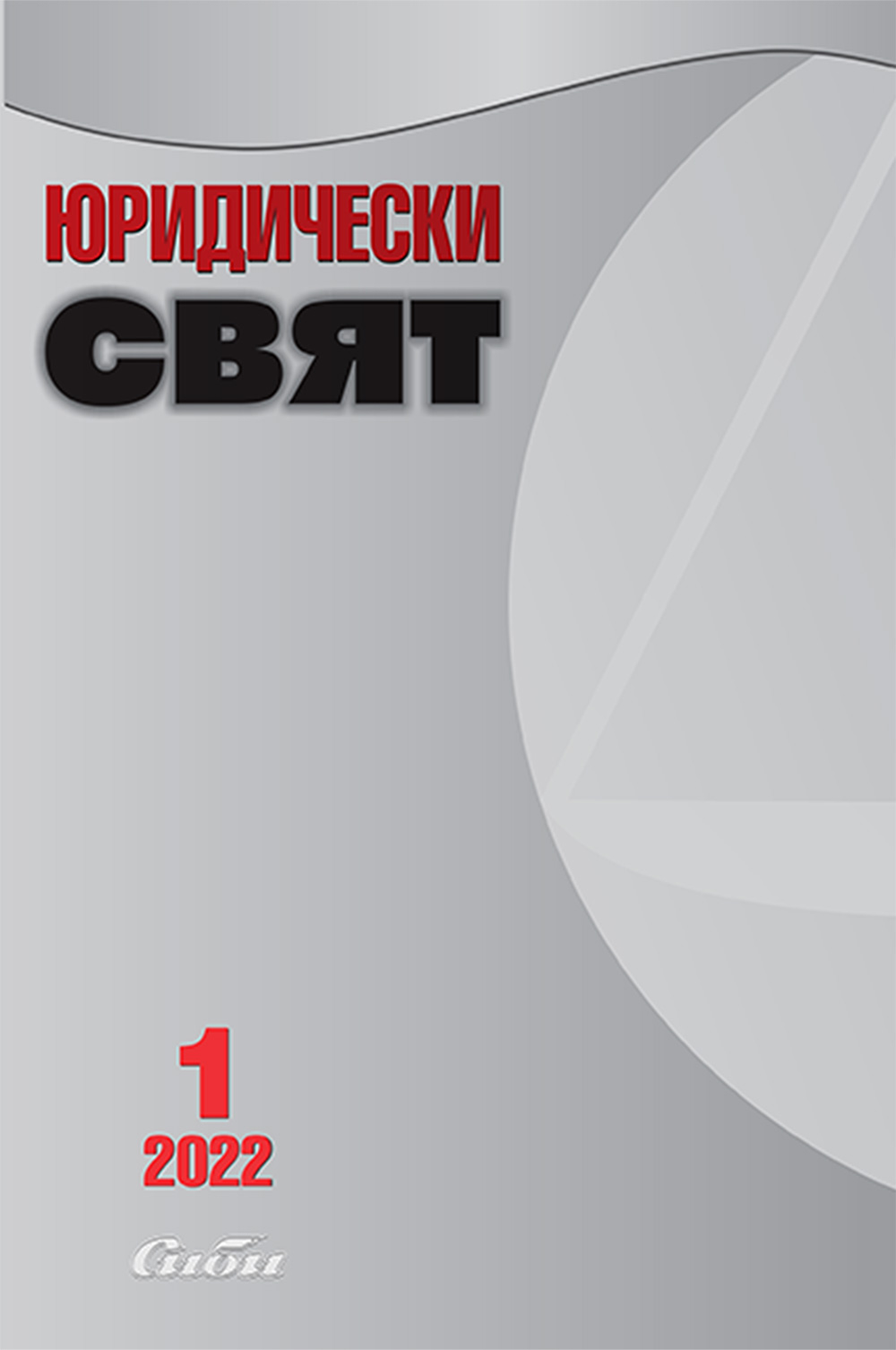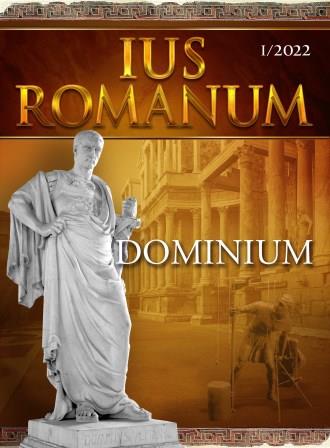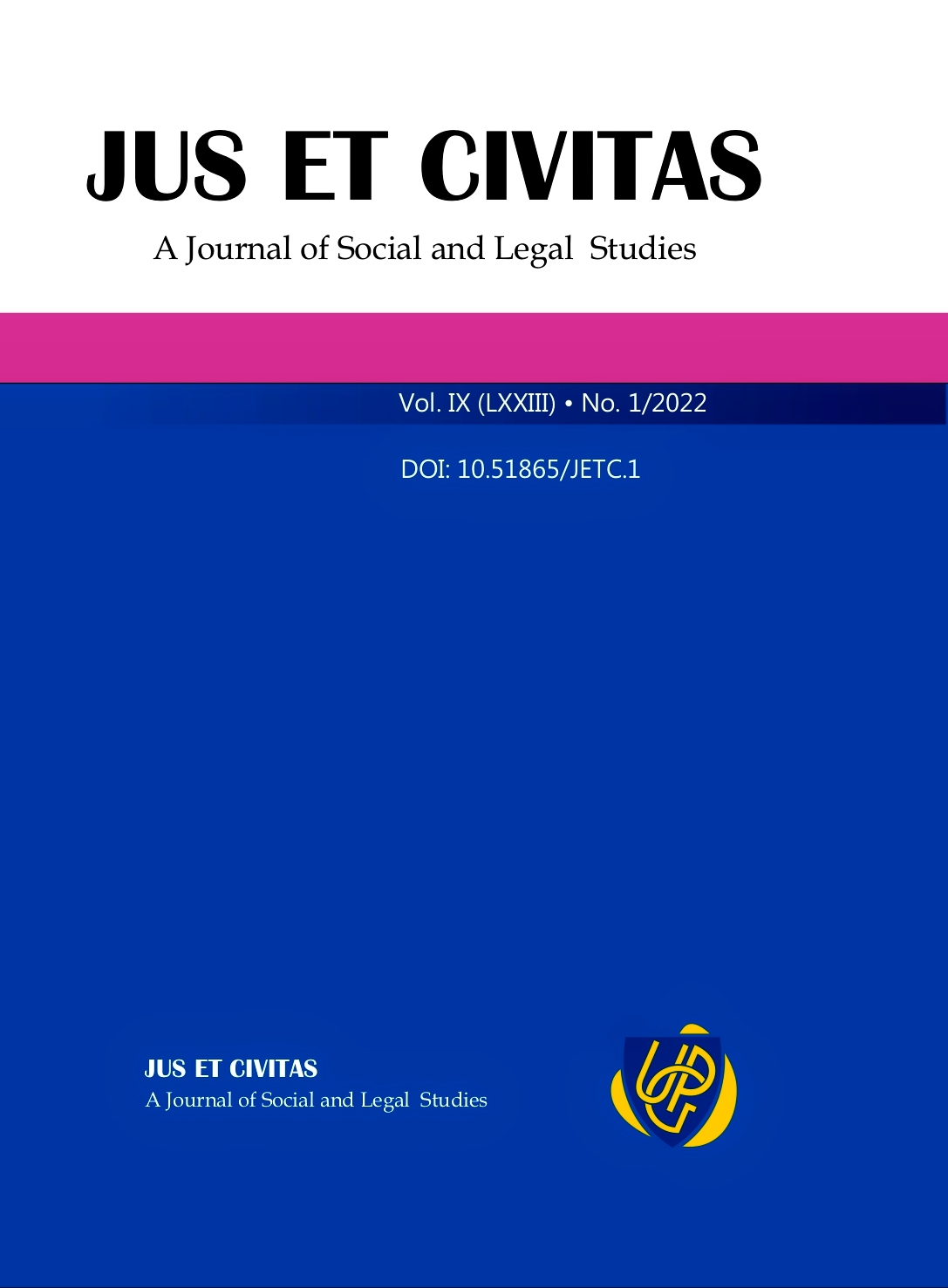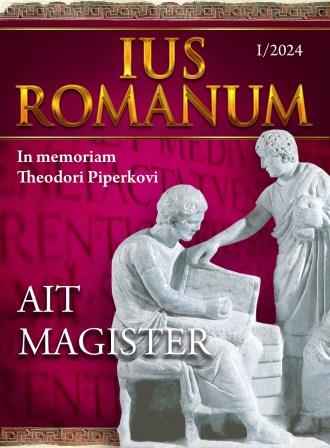Author(s): Giovanni Lobrano / Language(s): Italian
Issue: 2/2022
In a historical and dogmatic examination (unconventional and, therefore, subjectively risky but objectively necessary) the federal form of government (we use both the expression ‘form of government’ and the category ‘federal’ in their general meanings) shows, first of all, a relevant and possibly surprising characteristic, from which a number of other features are derived. This ‘characteristic’ is to be: not a ‘special’ form of government (which the late eighteenth-century neologism [1787] „federalism“ suggests), but ‘tout court’, the republican form of government, which is an alternative to the royal form of government; that is, as it was written in the middle of the Age of Enlightenment: the „only form of government which is an alternative to the power of only one“. Indeed, Montesquieu (EdL, 1748, 9.1; expressing, moreover, a shared thought) states: „It is, therefore, very probable that mankind would have been, at length, obliged to live constantly under the government of a single person, had they not contrived a kind of constitution that has all the internal advantages of a republican, together with the external force of a monarchical, government. I mean a federal republic“. It is difficult to find a better definition of the great Republic, i.e. the Roman imperial Republic: organized in cities (each with its own assembly of citizens: comitium) and groups of cities, the provinces (each with its own assembly of cities: concilium provinciale). We must resume both, scientific reflection and political initiative on the „federal republic“ as the only possible form of republic, whose model is the Roman imperial res publica.
More...
